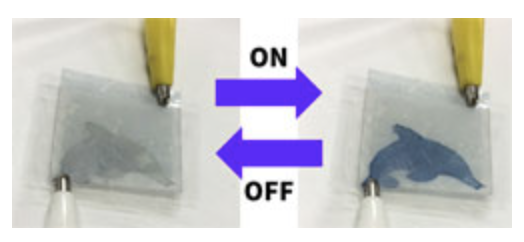
Researchers at the University of Osaka have developed a display technique that can be regarded as the first real electronic paper. Until now, the concept of e-paper has meant various grayscale displays, familiar, for example, from e-readers.
The new e-paper is based on electrochromic display. Such a display is essential to prevent the leaks of the electrolytes. Patching up the leak has made the manufacturing of thin foil difficult so far, because the electrolytes have required encapsulation.
The research group managed to manufacture a paper electrolyte on the surface of nanocellulose fibers.
The surface of the e-paper created by the research group is transparent up to 90 percent. The electrolyte between the paper layers reacts to the voltage in such a way that creating images on the paper is possible.
E-paper is paper-based. Because of this it also is flexible. Its reflection ability is good, which makes the paper clear and the images visible.
The researchers have also developed other paper-based devices, such as data storages, transistors and antennae.
The research group stated in the Asia Scientist magazine that if these technologies could be combined, it would also be possible to manufacture paper-based e-books in the future.